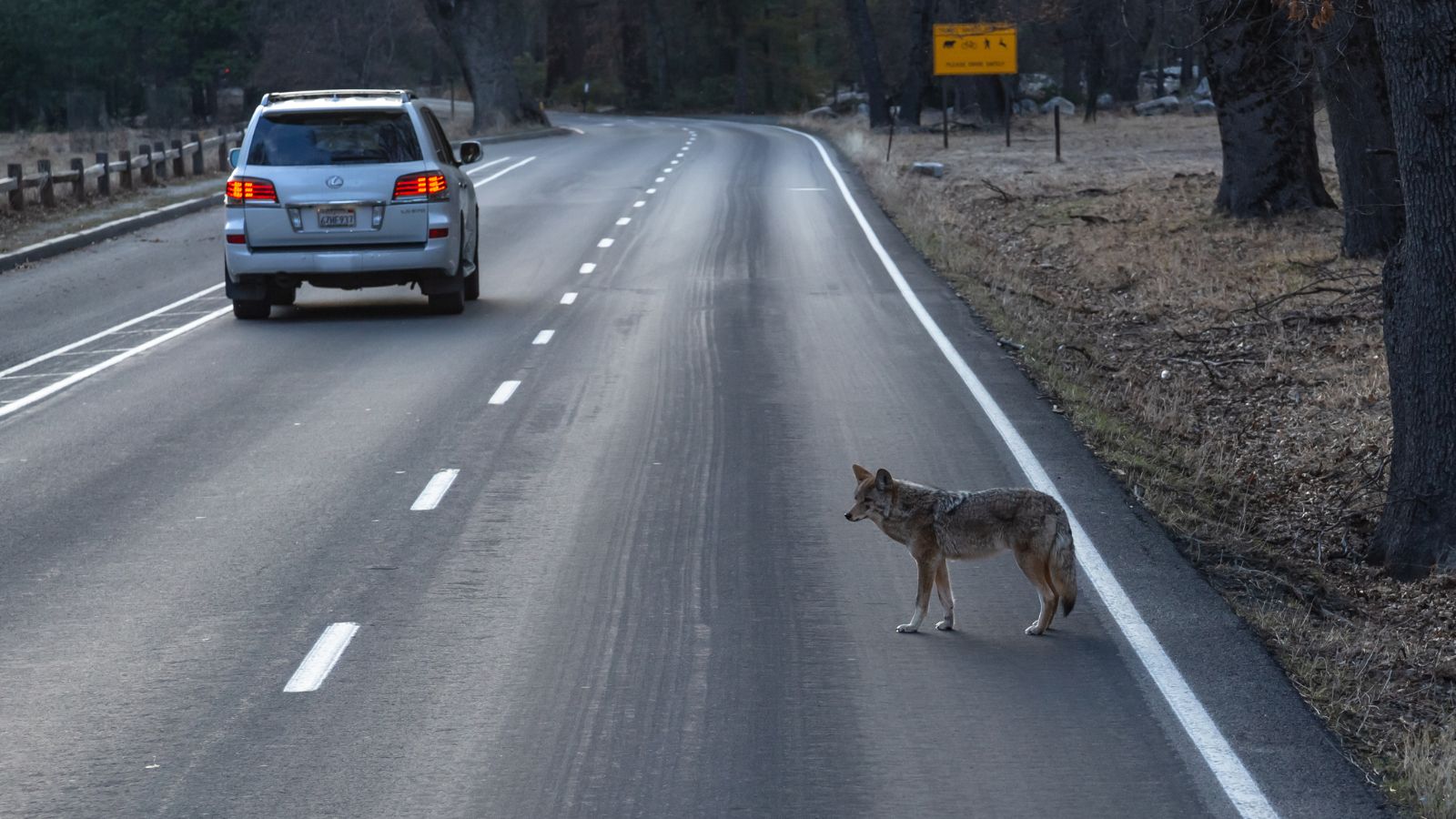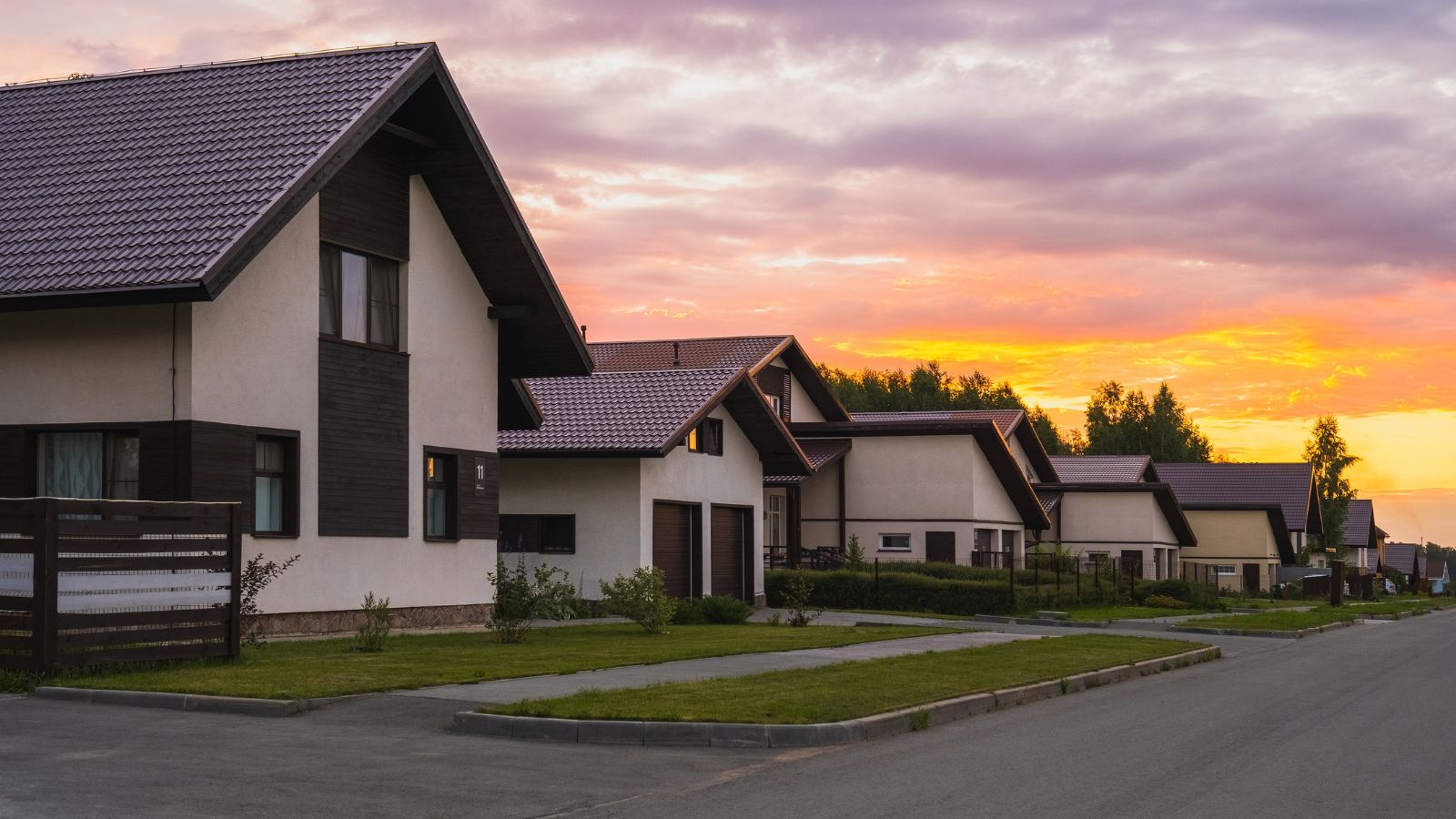Rural America is slower-paced and seems more peaceful than hectic city life. However, it also comes with its own set of challenges, especially regarding access to the things that make modern society tick. We’ve compiled 20 of the significant struggles you should expect to face when you move to a rural area.
Limited Healthcare Access

Residents of rural areas have a higher rate of chronic diseases, worse maternity health, and generally limited access to care for all ages compared to the cities. The U.S. Government Accountability Office attributes this to a lack of adequate insurance coverage, which often results in the inability to foot healthcare bills and delayed diagnosis of medical issues.
Poor Internet Connectivity

Pew Research reveals that despite the improvements over the years, nearly one in four rural communities in America still finds it hard to access broadband internet. Either a household doesn’t have access to the internet or there is limited access to community facilities that provide internet access. One cause of this is that many residents are low-income earners.
Fewer Educational Opportunities

In rural areas, we also see schools deal with limited access to learning resources, and this often results in fewer engagements in important extracurricular activities. Even digital learning mediums, which can provide access to advanced courses, are also a challenge for many due to the difficulties of accessing the internet.
Limited Job Opportunities

Job markets in rural areas are often limited, and residents may either have to commute long distances for employment or settle for lower-paying jobs. This can make it difficult to find stable, well-paying work to build a family around, leading to financial strain and frustration in life for many individuals seeking better opportunities.
Inadequate Public Transportation

Public transportation options are also scarce in rural regions in the U.S., and this forces residents to rely heavily on personal vehicles. What’s more, the cost of maintenance, fuel, and insurance can be a burden too, considering that most earn lower incomes and will find it challenging to afford these necessities.
Higher Cost of Living Essentials

Essential goods can be more expensive in rural areas due to transportation costs and limited competition. These higher price tags for items such as groceries, fuel, and household supplies make it more challenging for residents to manage their budgets effectively on their already low income.
Scarcity of Recreational Facilities

Recreational facilities such as gyms, swimming pools, and sports clubs are often scarce in rural areas, and this limits the opportunities for communal physical activity and social interactions. But it doesn’t stop here. In the long run, this impacts the health and well-being of rural residents, unless they find alternative ways to stay active and connected.
Isolation and Loneliness

Social isolation is a common issue in rural communities in the U.S., and it’s easy to see why. Not only are these areas often in remote locations, but physical distance between neighbors and the lack of social venues contribute to feelings of loneliness and disconnection. These feelings expectedly have negative impacts on mental health and overall well-being.
Limited Access to Cultural Activities

Opportunities for cultural enrichment, such as museums, theaters, and concerts, are also often lacking or limited in rural areas, and residents may need to travel considerable distances to participate in related activities. Thankfully, even though this reduces their ability to enjoy cultural experiences regularly, we see many make the effort to engage when possible.
Poor Road Conditions

Rural roads are also often poorly maintained, which can make travel hazardous, especially during the winter or other times known for adverse weather conditions. This poor road infrastructure can even increase wear and tear on vehicles, leading to higher maintenance costs for rural residents who depend on their cars for daily activities.
Lack of Professional Services

Access to professional services like legal advice, financial planning, and specialized healthcare is often limited in rural areas, requiring residents to travel to larger towns or cities to obtain these services. Although this can be inconvenient and time-consuming, it is sometimes the only option available for many to take care of issues they face.
Limited Retail Options

Retail options in rural areas can also be quite limited, and we often see residents having difficulties finding very specific essential items. Eventually, they’re forced to travel to larger towns for a variety of goods and services, and this has them dealing with the inconvenience of long travel times just for basic shopping trips.
Challenges with Mail and Package Delivery

According to the U.S. Postal Service, alongside dense urban areas and compared to suburban areas, mail and package delivery face significant operational challenges in rural areas, too. We see delays and completely missed deliveries as common issues, and this is especially true for residents who have found online shopping as their go-to means of commerce.
Limited Childcare Options

Childcare options are often limited in rural communities, and this leaves parents struggling to take care of their children’s basic needs. Residents who try to put some additional time into childcare to cover these lapses then experience difficulties in balancing work and family responsibilities.
Reduced Emergency Services

Emergency services such as fire, police, and medical response can be slower in rural areas, and longer response times can increase the risk of severe outcomes in emergencies. As safety and security can’t be compromised by rural residents, they often have to rely on themselves in critical situations.
Seasonal Employment Challenges

The USDA Economic Research Service also shares that employment is declining and even eroding in rural America, as many rural jobs are tied to seasonal industries like agriculture and tourism. There are always periods of unemployment and financial instability for workers whose income depends on these seasonal industries.
Limited Entertainment Options

Entertainment options in rural areas are few, and residents often find themselves without access to cinemas, shopping malls, and other popular entertainment venues. This means there are also fewer opportunities for leisure activities, and sometimes many people get stuck living a monotonous, uninteresting life.
Limited Mental Health Resources

Mental health is also a great concern in rural communities, despite how important we’ve shown it to be throughout the article. Residents struggle with access to counseling, therapy, and psychiatric services, and this has exacerbated mental health issues like anxiety and depression that require quick professional attention.
Inadequate Housing Options

Housing options in rural areas, particularly when it comes to design, can also be limited and sometimes of lower quality, and modern housing is only restricted to the few wealthy individuals. Residents, in addition to struggling with these substandard living conditions, also often experience difficulties securing loans for home improvements, worsening the housing crisis.
Environmental Hazards

Rural areas can also face unique environmental hazards such as flooding, wildfires, and exposure to agricultural chemicals. And, with access to professional services and healthcare facilities often limited or lacking, you understand just how much more impact these hazards have on residents’ health and safety.
Up Next: 19 Things You Didn’t Realize Are Against The Law

Most laws are common sense, like those involving theft, property damage, or violence, but there are many lesser-known regulations that most people aren’t even aware of. This article reveals 19 illegal acts that may inadvertently turn you into a common criminal. Remember, ignorance of the law is no excuse for breaking it!
19 Things You Didn’t Realize Are Against The Law
18 Most Common Reasons Why Women Leave Their Husbands

All women have different preferences when it comes to their relationships and marriages. However, there are many universal behaviors, traits, and habits that commonly drive them to divorce. This list unveils the 18 most common reasons why women leave their husbands.
18 Most Common Reasons Why Women Leave Their Husbands
17 Behaviors That Make People Think Less of You

If you want to be accepted by those around you, you have to behave in certain ways. Obviously, you should still be yourself, but there are certain social ‘rules’ people should abide by, like avoiding these 17 behaviors that make people think less of you.

